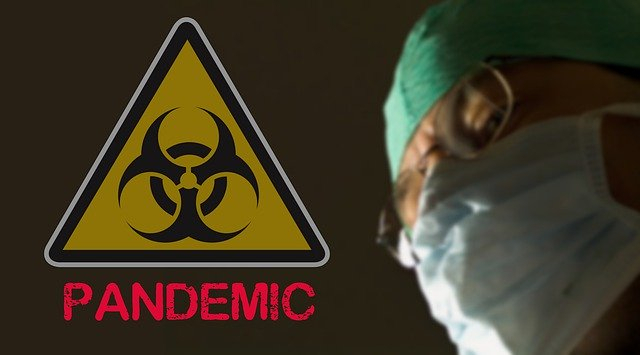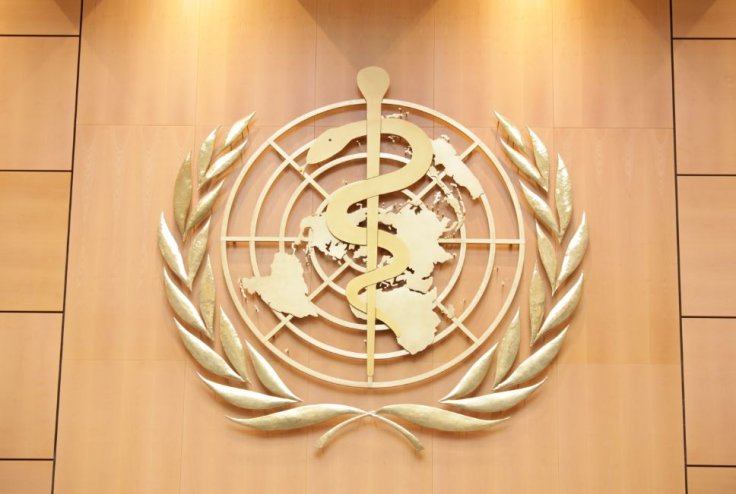China has been under criticism for not being transparent about the spread of Coronavirus at an initial stage of the pandemic. Officials were accused of silencing people, not informing international committees about the situation and trying to misguide the whole world. But now a report has revealed that Chinese authorities are playing the same hide-and-seek game with the independent investigators of the World Health Organization (WHO).
The team of WHO experts that went to Wuhan to find the origin of the novel Coronavirus said that disagreements with Chinese experts regarding patient records and other issues were extremely tensed. According to them, sometimes the conversations have turned into shouts.

The team of 14 experts led the mission to reveal the unknown details about the pandemic for 27 days, but their Chinese counterparts were frustrated by the scientists' continuous questioning and demands for data, said a report by The New York Times.
Even though Chinese officials urged the team of experts to embrace the narrative that the virus might have spread to China from abroad, WHO scientists said they would not conclude without supportive data.
Thea Kølsen Fischer, a Danish epidemiologist on the team, said: "It was my take on the entire mission that it was highly geopolitical. Everybody knows how much pressure there is on China to be open to an investigation and also how much blame there might be associated with this."
Not Enough Data
After the investigation ended, the WHO team said more research needs to be conducted to solve the mystery about the early Coronavirus outbreak in the city of Wuhan in late 2019. However, Chinese officials alleged that they did not have enough time to compile detailed patient data and they only have summaries of such cases. But without proper data, the investigation remains incomplete.
Dominic Dwyer, an Australian microbiologist on the WHO team, said that the team asked for patient records both from early confirmed cases and possible ones before that. Even though the officials have shared some of those details, they were not "necessarily enough to do the sorts of analyses you would do," Dwyer added.

The visit of experts was approved by President Xi Jinping's government after months of diplomatic wrangling that led Director-General Tedros Adhanom Ghebreyesus to criticize Chinese authorities.
However, after they landed in China, the team was forced to quarantine for the first two weeks, so meetings were conducted on Zoom. Due to the restrictions, imposed by the Chinese authorities, the team could not gather with their counterparts for meals or informal talks.
The team is expected to release a full report on their findings in the coming weeks. They are still pressurizing Chinese officials to conduct checks of blood samples for signs that the novel Coronavirus might have been circulating earlier. The WHO experts are also asking China to deeply investigate the wildlife trade in Wuhan and other areas—which could help to understand animal the human SARS-CoV-2 transmission.
The Early Cases
The WHO experts asked Chinese officials to examine patients' records from the early days of the outbreak in China. The Chinese scientists told the WHO team that after reviewing 76,000 records at 233 medical institutions in Wuhan, they found 92 individuals who developed symptoms such as fever and cough in early October 2019.
While the Chinese government conducted antibody tests on two-thirds of these patients and found that none of them tested positive for COVID-19, it was reported that the other third either died or declined to be tested for the disease.

However, Dr. Fischer said she expected to find many more people who were hospitalized with such symptoms. She urged Chinese scientists to conduct a more intense search. The team was also concerned about the reliability of antibody tests that were administered so long after the infections. Dr. Dwyer said that there was no testing of nose or throat swabs which could be more useful.
According to the WHO experts, there was no evidence to believe that the virus transmission started at a wide scale before December 2019, but they acknowledged the fact that more research is required. However, after the wrap up of the investigation, Dr. Dwyer said: "I think it started in China. There is some evidence of circulation outside China, but it's actually pretty light."









